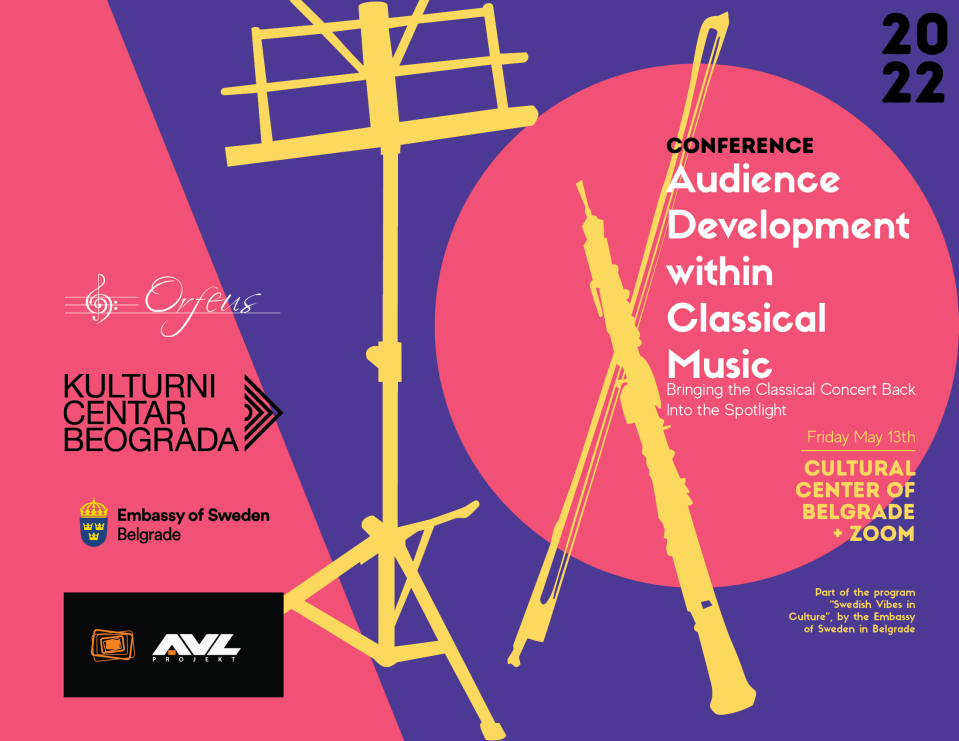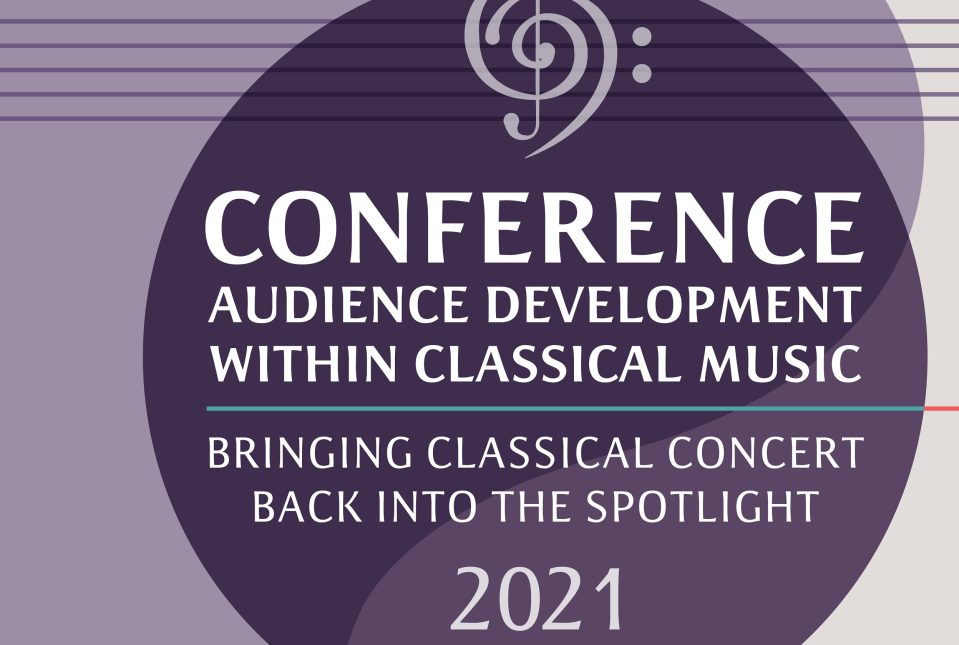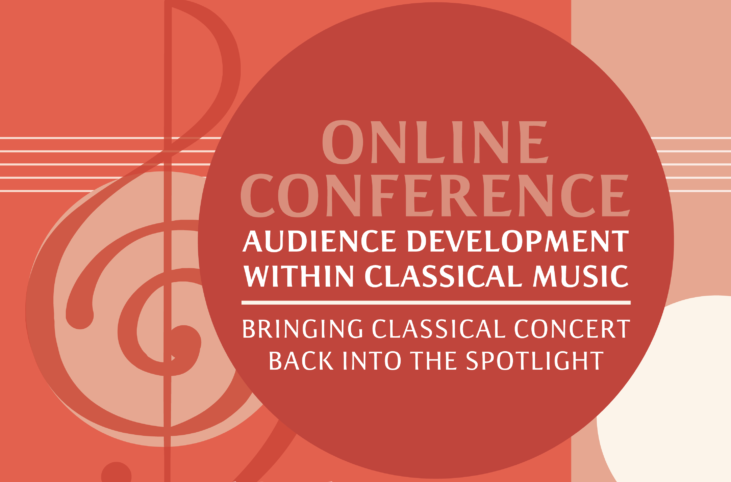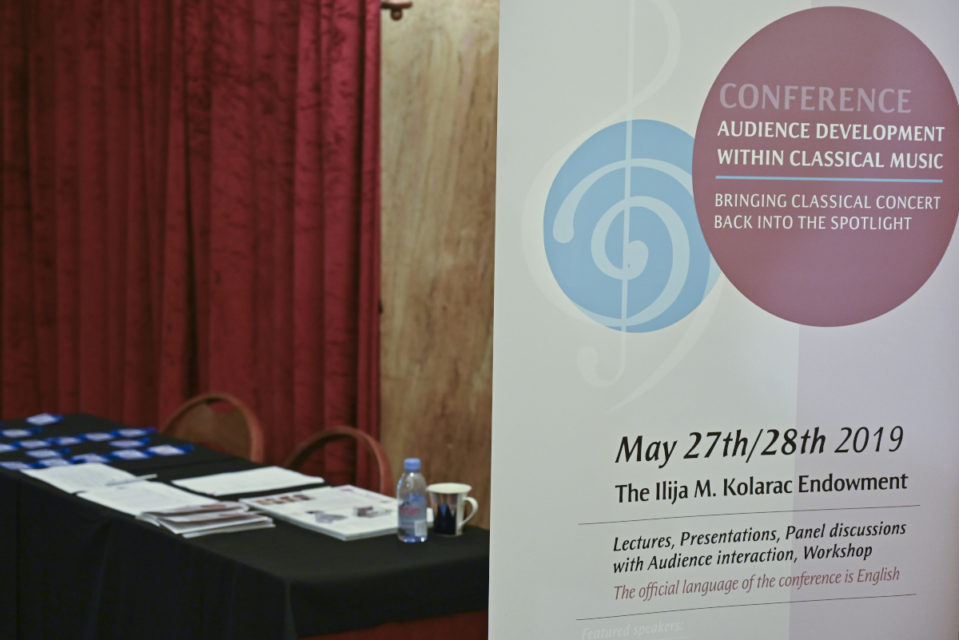Projects organized by Orfeus
Audience Development Within Classical Music
Her biggest projects so far were two conferences on audience development within classical music in 2019 in Belgrade and in 2020 online. Both conferences gathered international experts in the field of classical music, performing arts, sociology and cultural policy. The conferences offered presentations, panel discussions, workshops, and resulted in a stakeholder network as well as a booklet containing conference documentation, conclusions and recommendations.
Audience Development Within Classical Music: Bringing Classical Concert back into the spotlight
It is hard to say how loved and listened classical music is in this era of cyber audio-libraries and auditoriums. Although it is listened to at home (according to cyber portals and their vague statistics) it seems that classical music events all over the world are more and more reduced to elite/subcultural happenings of interest only to professionals and to an elderly audience. Opinions on actuality of classical music and modernization of classical concert are also very different. Some orchestras and concert halls are very successful in targeting this. Others are clinging to traditional scene concept established all the way from 19th century.
Some of the questions that we wish to rise are: Is the formal character of classical concert a necessity, an imposed tradition, stereotype or a greatest obstacle in modernization of this art form? Which are the most successful techniques of revival of classical concert? Which amount of interactivity on classical stage is not considered a disturbance? What can a classical stage manager learn from other stage art form colleagues? Does classical music really need “every” audience? How do we make classic hall “rules of conduct” more friendly? Is classical event the only one in crisis or is classical music suffering too? Do professional list of obligatory repertoire alienate the listeners? How big is an impact of commercialism on classical music?
If the field of classical music event is not developed and if it does not gain new visitors soon, we might bear witness to such reduction of audience that it may result in diminished number of professionals in the trade and schools providing this kind of education. For some regions around the world this will result in a loss of yet another art form and bring a huge impact on intangible cultural heritage of the world. Fashion in music may come and go, but proven values and trades connected to them must be preserved regardless of their origin and the context of their creation.
Direct beneficiaries are professional classical musicians and the whole sector dedicated to their work. Their economy must not depend solely on subsidies and donations. From their perspective this project has a considerable economic potential. They need to understand the expectations of their audience, both current and future. Classical concert can be developed in many different directions and styles, each adjusted to specific circumstances. Research and innovative strategies can show how. Music schools are in general not very much engaged in this aspect of professionalism. They cover mostly its handcraft side.






